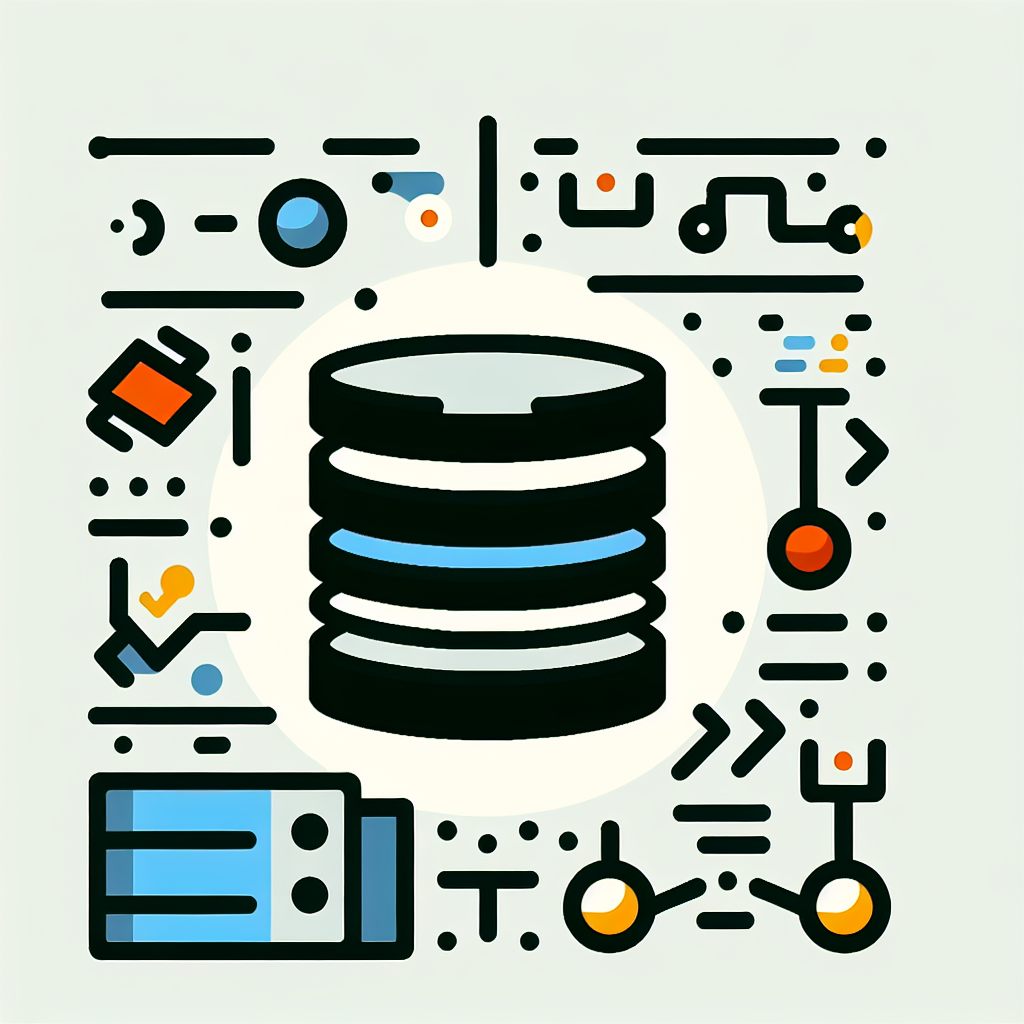Convert PHP to NoSQL Effortlessly | NoSQL Tool Online
Effortlessly convert PHP arrays to NoSQL with our intuitive tool. Streamline data migration and enhance database efficiency. Try it now for seamless integration!
Source Code
Converted Code
Output will appear here...
Effortlessly convert PHP data structures to NoSQL with our PHP to NoSQL tool, designed for developers seeking seamless integration and scalability. Optimize your data management by leveraging NoSQL databases’ flexibility and speed. Perfect for dynamic web applications, this tool enhances performance while ensuring efficient data storage and retrieval.

PHP to NoSQL Conversion Tool Link to this section #
Effortlessly transition from PHP to NoSQL with our specialized tool, designed to streamline your database integration processes while enhancing performance and scalability. This tool is ideal for developers looking to leverage the flexibility of NoSQL databases like MongoDB, CouchDB, or Cassandra in their PHP applications.
Key Features Link to this section #
- Automated Conversion: Convert traditional MySQL queries to NoSQL-compatible operations, minimizing manual intervention.
- Schema-Less Database Integration: Simplify your data models by embracing NoSQL's schema-less architecture, perfect for handling unstructured data.
- Enhanced Performance: Experience faster query handling and improved application responsiveness by utilizing NoSQL's distributed data storage capabilities.
How It Works Link to this section #
- Input Your PHP Code: Paste your existing PHP code with MySQL queries into the tool's interface.
- Select NoSQL Database: Choose your desired NoSQL database from options like MongoDB or CouchDB.
- Generate Code: Click 'Convert' to automatically generate PHP code optimized for NoSQL.
Sample Code Conversion Link to this section #
MySQL (PHP) Syntax:
$conn = new mysqli($servername, $username, $password, $dbname);
$sql = "SELECT name, age FROM users WHERE status='active'";
$result = $conn->query($sql);
Converted NoSQL (PHP) Syntax:
$collection = $db->users;
$query = ['status' => 'active'];
$options = ['projection' => ['name' => 1, 'age' => 1]];
$cursor = $collection->find($query, $options);
Benefits of NoSQL Link to this section #
- Scalability: Horizontally scale your applications to handle large volumes of data.
- Flexibility: Easily accommodate changing data structures without downtime.
- Speed: Achieve faster read and write operations compared to traditional relational databases.
Resources Link to this section #
Leverage the power of NoSQL databases in your PHP projects with our conversion tool, ensuring your applications are robust, flexible, and future-proof.
Frequently Asked Questions
How can I integrate PHP with a NoSQL database?
To integrate PHP with a NoSQL database, you need to use a specific library or extension designed for that database. For example, if you're using MongoDB, you can use the MongoDB PHP library, which provides a comprehensive API for database operations. Make sure to install the necessary PHP extensions and drivers for seamless integration.
What are the benefits of using NoSQL with PHP?
Using NoSQL with PHP offers several benefits, including scalability, flexibility in handling unstructured data, and high performance for large-scale applications. NoSQL databases, like MongoDB or Couchbase, allow for dynamic schema design and can handle large volumes of data efficiently, making them ideal for modern web applications developed in PHP.
Is it possible to migrate data from a relational database to a NoSQL database using PHP?
Yes, it is possible to migrate data from a relational database to a NoSQL database using PHP. The process typically involves extracting data from the relational database, transforming it into a suitable format, and then inserting it into the NoSQL database. You may need to write custom scripts or use tools and libraries to facilitate the migration process, ensuring data integrity and consistency.